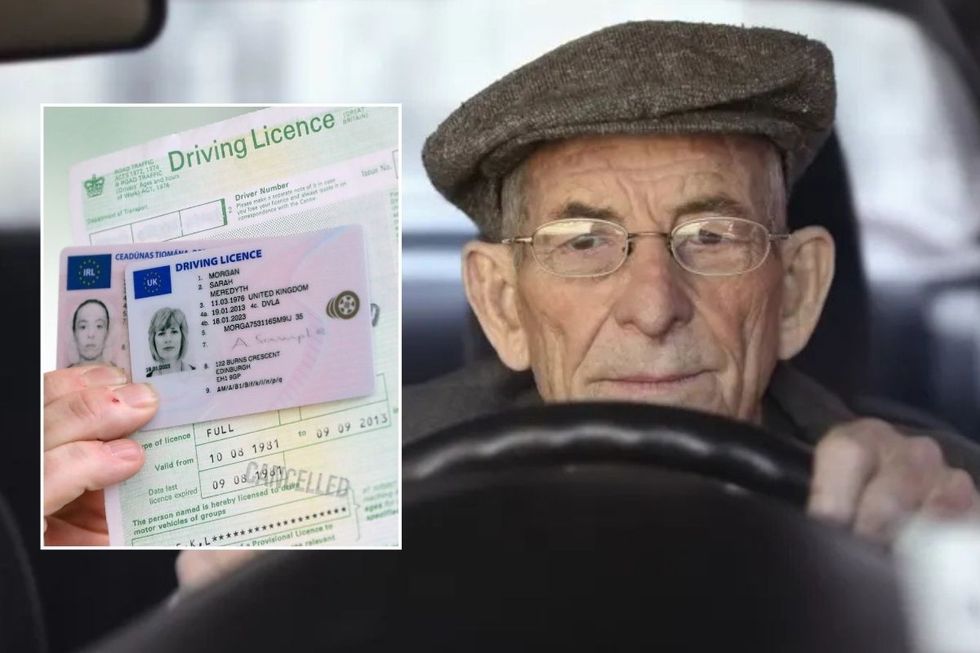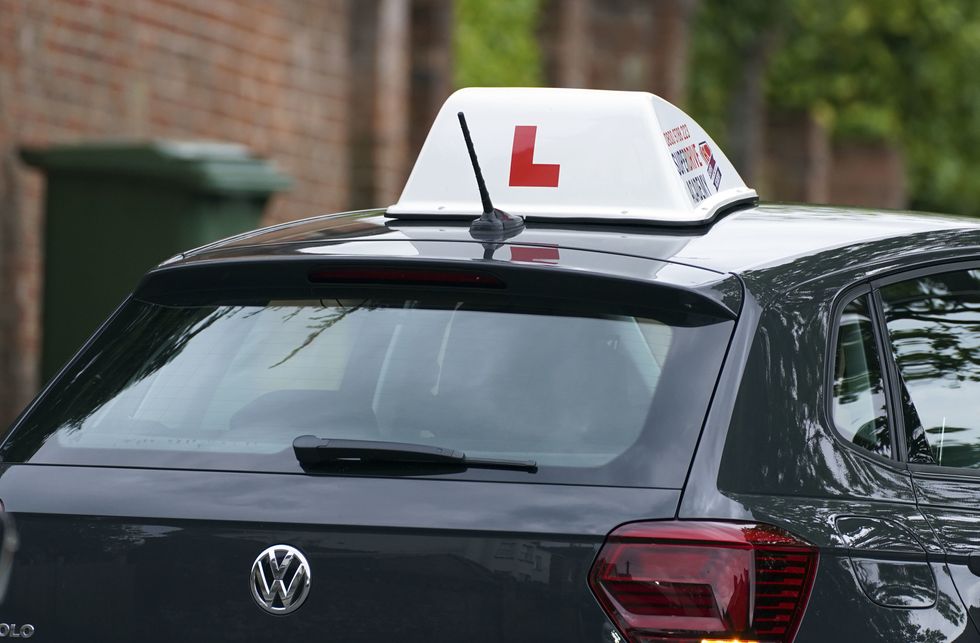WATCH: The panel debates the impact of bright headlights on elderly drivers
GB NEWS
'People don't naturally ask themselves "do I need to update my driving skills"'
Don't Miss
Most Read
Trending on GB News
A new study has recommended that elderly drivers should face additional support when they reach an advanced age amid calls for rules to be introduced to boost road safety.
A new report from UNSW Sydney and NeuRA in Australia has highlighted how older drivers have higher rates of crashes than middle-aged drivers, with a particular jump in the over-80 group.
A randomised controlled trial of older drivers, entitled the Better Drive Study, investigated whether driving skills can be improved despite the "physical and cognitive challenges of old age".
It noted that the majority of motorists had not done any refresher courses and likely passed their test when they were just 16.
Do you have a story you'd like to share? Get in touch by emailingmotoring@gbnews.uk

Elderly drivers were tested in Australia to see how their fare behind the wheel
PA/GETTY
As part of the test, drivers over the age of 65 were divided into three groups. The first group received a road rules refresher course, the second group was videoed as they drove, and the third group received video feedback and lessons tailored to their errors.
The research found that while some mistakes could be attributed to their age, other errors resulted from bad habits they had developed over their driving lives.
This could include not checking blind spots, cutting corners and not maintaining their lane position.
Scientia Professor Kaarin Anstey said she would like to see intervention and improving driving skills for older motorists become an accepted part of being behind the wheel.
She added: "People don't naturally ask themselves 'do I need to update my driving skills'.
"The idea is that we need to put some effort into improving our driving and maintaining our skills, and it shouldn't be stigmatised at all.
"It could be something like, when you turn 50 you're invited to have an extra driving lesson just to check in on your driving. At the moment you'd only get that if you had something wrong with your driving. It'd be better to make it a normal part of life."
The report noted that if a person has dementia, they will not automatically be disqualified from driving, but they will be given a restricted licence that limits them to driving close to home.
It also pointed to international research which shows that people with Alzheimer's continue to drive for 18 months to three years after the first diagnosis.
Professor Anstey said: "In some cases, a GP might refer someone for a driving test with a driver-trained occupational therapist, who might do some off-road tests and then put them through a driving test.
"And then they'd write a report and the occupational therapist can make a recommendation about licensing."
It comes as Britons are calling for new rules to be introduced to crack down on elderly drivers who could be dangerous behind the wheel following a crash in Scotland which left a three-year-old dead.
LATEST DEVELOPMENTS:

Some road safety experts have called on elderly motorists to do refresher driving courses
PAA determination report found that Xander Irvine suffered "catastrophic injuries" after being struck by 91-year-old Edith Duncan who "lost control" of her vehicle. She also suffered from cognitive impairment as a result of age-related dementia.
The report, by Sheriff Principal Nigel Ross, recommended that the present system of self-certification of fitness to drive after the age of 70 be changed "as a matter of priority".
It suggested that any application for renewal by a driver aged 80 or older should not be granted unless the applicant driver has successfully undertaken a "short initial cognitive assessment".








